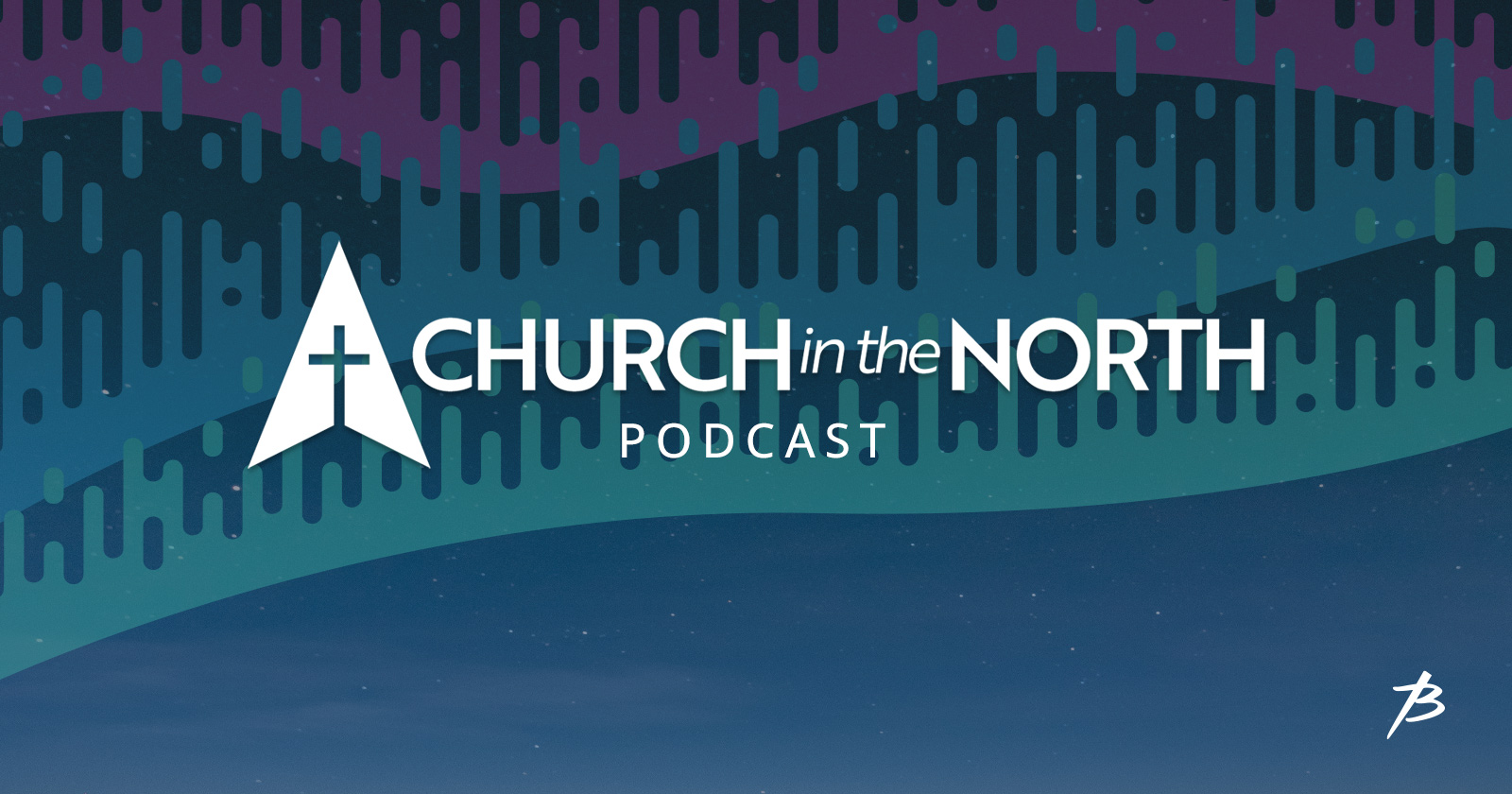Study Areas
- Biblical Studies
- Christian Ministry
- Counselling
- Greek
- Hebrew
- History
- Leadership and Management
- Psychology
- Research and Experiential Integration
- Theology
- Worship Arts
Christian Ministry
-
CM 600 Spiritual Formation for Ministry
An exploration of the theology of Christian life and spiritual formation through attention to the biblical theme of union with Christ. Students will also examine the formation of Christian character, as well as the rationale for and practice of spiritual disciplines. (When this course is taken on campus, it culminates in a 24-hour retreat.)
-
CM 608 Experiential Ministry: MCM and MDiv
This course is an extended ministry experience under the direction of a church or para-church mentor that is designed to further the development of the skills and knowledge necessary for effective ministry. The student may pursue this ministry experience within his/her own home church/organization or seek placement in a new ministry context. This course requires direct ministry experience and typically is taken over at least two semesters of study (eight months), with the preference being ten months, if possible. Note: CM 608 and CM 609 are designed to be taken together for a total of 6 credit hours.
-
CM 609 Experiential Ministry: MCM and MDiv
This course is an extended ministry experience under the direction of a church or para-church mentor that is designed to further the development of the skills and knowledge necessary for effective ministry. The student may pursue this ministry experience within his/her own home church/organization or seek placement in a new ministry context. This course requires direct ministry experience and typically is taken over at least two semesters of study (eight months), with the preference being ten months, if possible. Note: CM 608 and CM 609 are designed to be taken together for a total of 6 credit hours.
-
CM 621 Theology of Mission and Evangelism
An exploration of some recent thinking about both the centrality and the nature of mission in the teaching of the Scriptures, and an opportunity to reflect on the relevance of a biblically faithful theology of mission for the church's obedience to Christ in our contemporary world. Cross-listed: THEO 621 Theology of Mission and Evangelism
-
CM 626 Teaching and Learning for Discipleship
This course provides a vision for Christian Education in the life and mission of the church and seeks to understand some of its major challenges today. Drawing from key passages in scripture and the wider field of educational theory, learners will develop a biblical theology for CE and discipleship, be familiar with some key pedagogical theorists, reflect on the character of the teacher, study Jesus' model of teaching, experiment with and evaluate different creative teaching approaches. The goal is to build strong theological and educational foundations for effective CE and discipleship in church and mission.
-
CM 632 Homiletics
An exploration of a theology of preaching and the preparation and delivery of biblical sermons from the epistles and poetic texts. Students are guided through the foundational disciplines of choosing, exegeting, and preaching a biblical passage.
-
CM 641 Theology of Christian Worship
This course explores a theological understanding of worship as it relates to Christian practice over the past two millennia. Current worship trends in North American churches will be evaluated in light of this theological and historical perspective. Cross-listed: THEO 641 Theology of Christian Worship
-
CM 661 Issues in Ministry Leadership
An indepth focus on a particular emphasis of Christian ministry. This leadership focus will vary from year to year. Cross-listed: LE 661 Issues in Ministry Leadership
-
CM 701 Pastoral Theology and Practice
This course explores the many dimensions of pastoral ministry from a biblical standpoint, with the goal of equipping students to function effectively as pastoral leaders within the contemporary culture. This course covers issues such as planning, scheduling, dealing with the expectations of others, administering the sacraments, performing weddings and funerals, functioning effectively with church staff (paid and volunteer), handling conflict and criticism, avoiding burnout, and other day-to-day aspects of the ministry.
-
CM 708 Experiential Ministry: MCM and MDiv
This course is an extended Experiential Ministry (EM) carried forward under the direction of a previous or new Ministry Mentor (MM) that is designed to further the development of the skills and knowledge necessary for effective ministry. The student may pursue this ministry experience within his/her own home church/organization or seek placement in a new ministry context. This course requires direct ministry experience and typically is taken over at least two semesters of study (eight months), with the preference being ten months, if possible. Note: CM 708 and CM 709 are designed to be taken together for a total of 6 credit hours.
Prerequisite: Completion of 6 credit hours of study in addition to the completion of CM 608/609 Experiential Ministry, as well as acceptance into the MCM or MDiv program.
-
CM 709 Experiential Ministry: MCM and MDiv
This course is an extended Experiential Ministry (EM) carried forward under the direction of a previous or new Ministry Mentor (MM) that is designed to further the development of the skills and knowledge necessary for effective ministry. The student may pursue this ministry experience within his/her own home church/organization or seek placement in a new ministry context. This course requires direct ministry experience and typically is taken over at least two semesters of study (eight months), with the preference being ten months, if possible. Note: CM 708 and CM 709 are designed to be taken together for a total of 6 credit hours.
Prerequisite: Completion of 6 credit hours of study in addition to the completion of CM 608/609 Experiential Ministry, as well as acceptance into the MCM or MDiv program.
-
CM 720 Approaches in Supporting Clergy Well-Being
This course will focus on the unique features of vocational and multi-vocational ministry and its impact on the spiritual, psychological, social, and physical well-being of the clergy person and their family members. This course will also consider how various caregivers, educators, and leaders can support and enhance clergy well-being, both before and after issues arise. Cross-listed: CO 720 Approaches in Supporting Clergy Well-Being
-
CM 730 Church Planting and Development
An examination of biblical and theological rationales and principles for church planting. Students will interrogate the best practices and strategies needed for creating and nurturing new congregations.
-
CM 732 Advanced Preaching
An investigation of recent sermon development models in order to add variety and creativity to biblical preaching ministries. Students will discuss recent trends and issues in preaching and will be guided in developing and practicing a basic theology of creativity, especially in relation to preaching.
Prerequisite: CM 632 Homiletics (or approval of Program Coordinator). Students with credit for CM 835 Advanced Preaching may not take this course for credit.
-
CM 734 Dynamics of Small Church Ministry
An exploration of the advantages, challenges, and opportunities present in small church ministry in both urban and rural settings. Students will develop a biblical ecclesiology that promotes effective small church ministry.
-
CM 814 Ministry Issues in Contemporary Culture
This course will appraise significant theological, missiological and methodological trends and shifts in evangelical ministry in North America. An examination and evaluation of current literature and models of evangelical church and parachurch ministry will also be included. Specific topics and methods of instruction will vary by the instructor's background and ministry expertise.
-
CM 819 Christian Ministry Specialty
An indepth focus on a particular emphasis of Christian ministry. This ministry focus will vary from year to year.
-
CM 820 Preaching Specialty
An indepth focus on a particular emphasis of preaching ministry. This focus will vary from year to year.
-
CM 832 Contemporary Issues in Preaching
An exploration of a current issue in preaching as addressed by the Evangelical Homiletics Society in its annual conference in mid-October. Students will be guided in their interaction with the papers presented (whether they attend in person or access them from the EHS website). An Associate Membership in EHS is required.
Prerequisite: CM 632 Homiletics (or approval of Program Coordinator)


